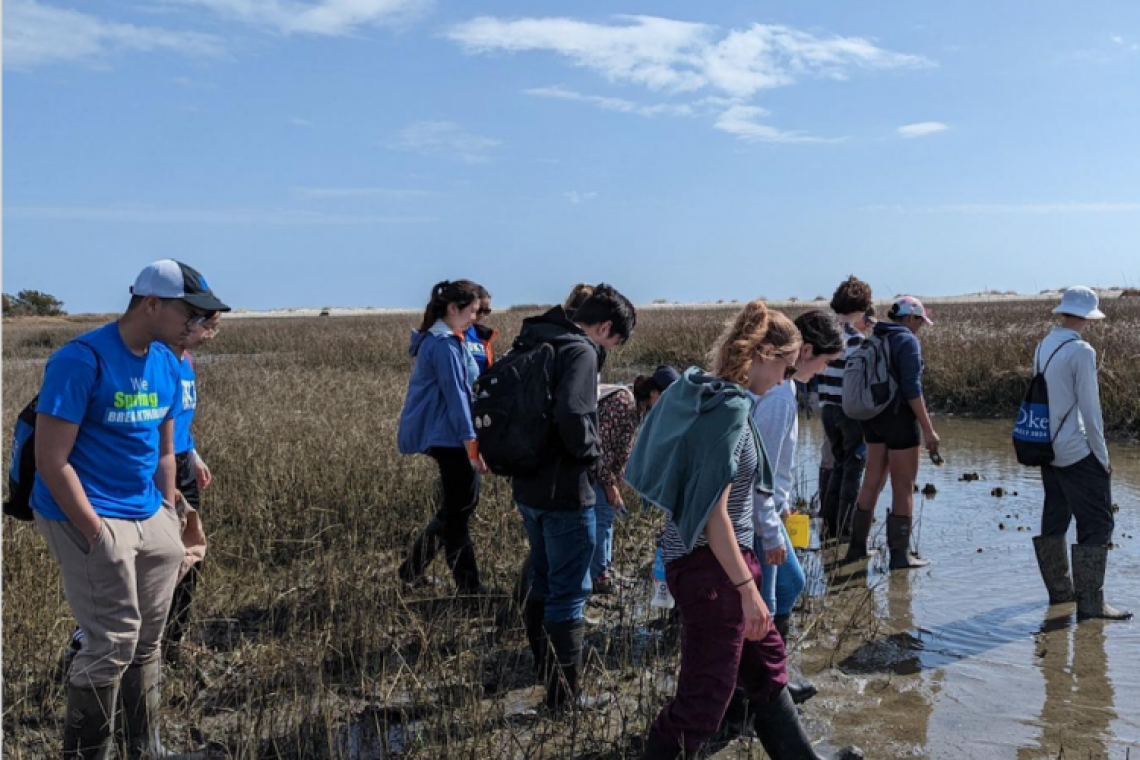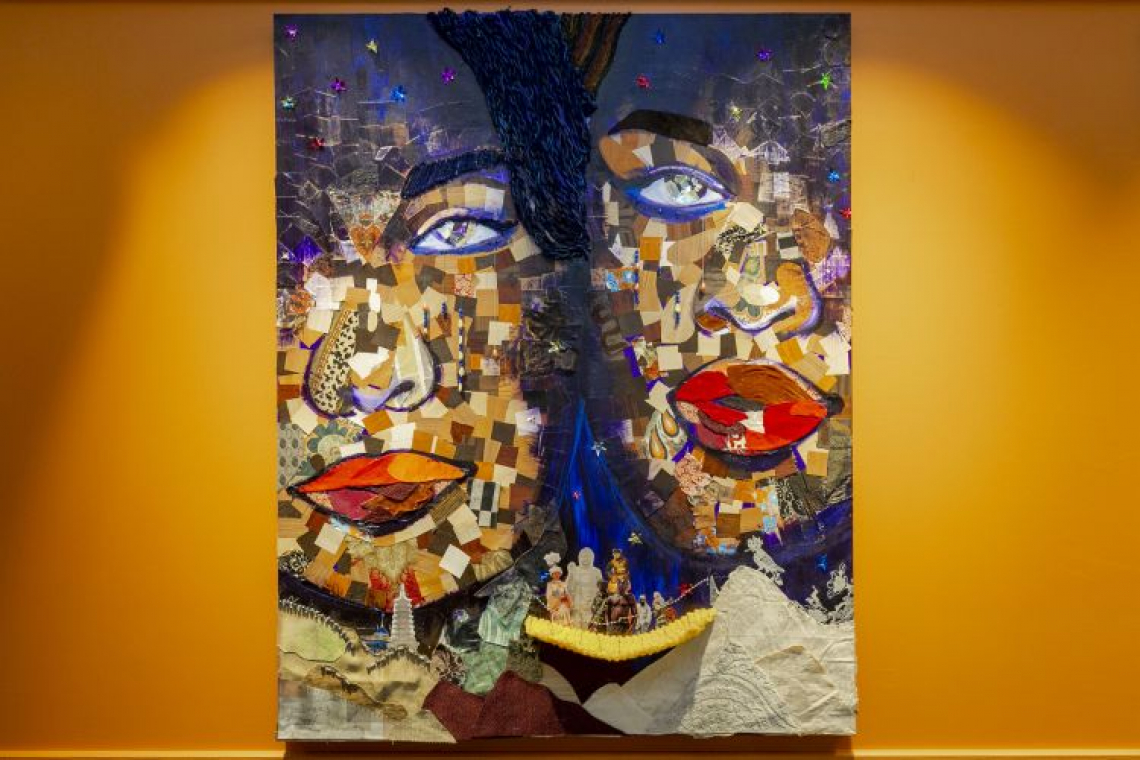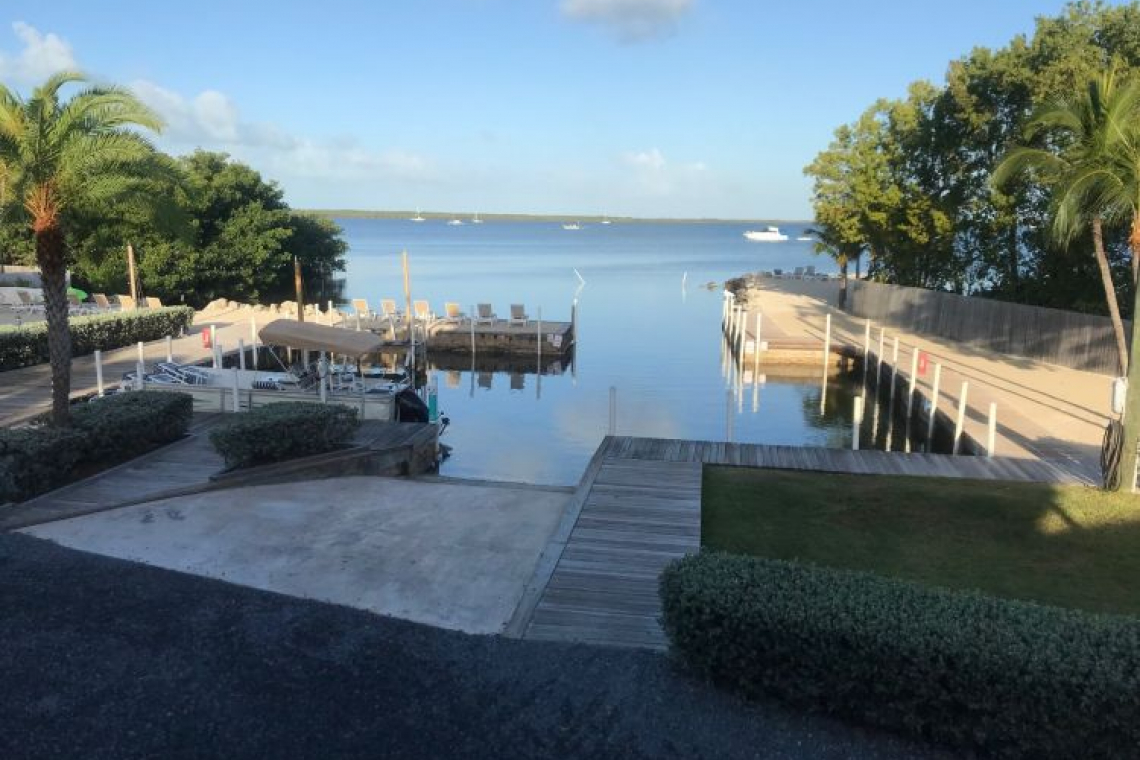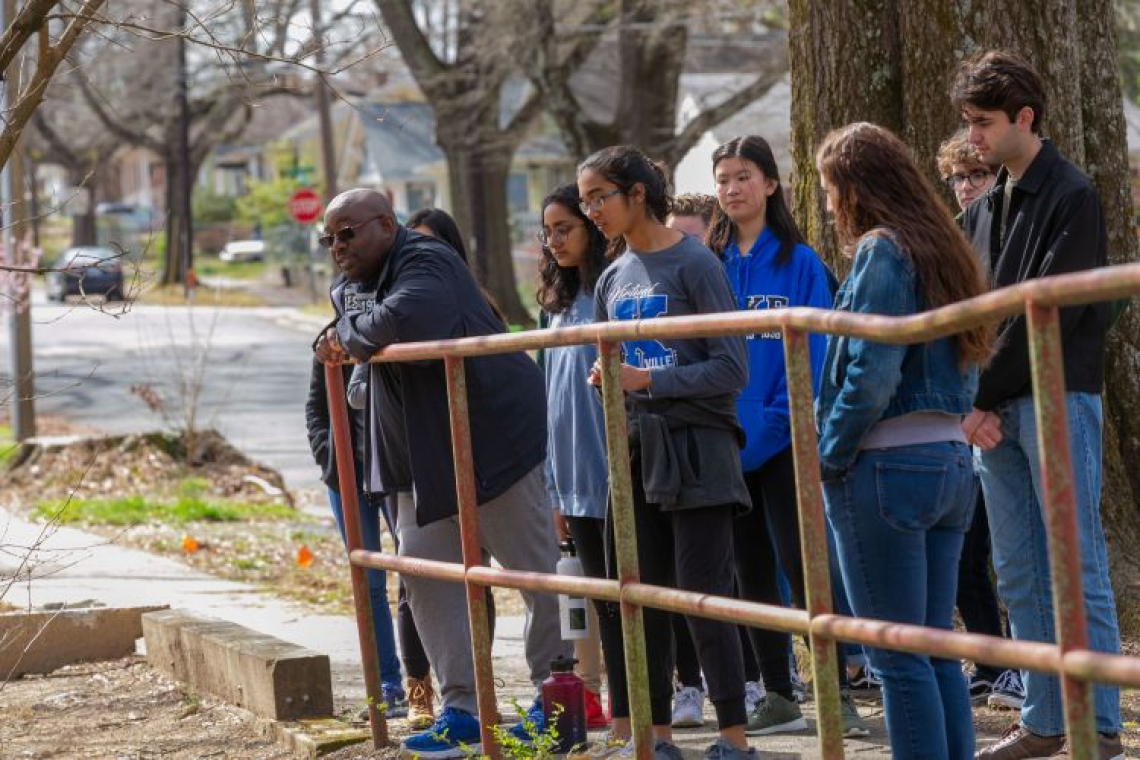Spring Breakthrough Gives Students an Opportunity to Stretch Their Academic Interests
Spring Break conjures up images of trips to the beach, but in 2016 Provost Sally Kornbluth had a different idea of how students could get away from the stress of the regular school year. She wanted students to have a chance to explore a subject intellectually without the pressure of grades or credits.
Spring Breakthrough gives students a chance to use their week off to learn from a professor and with students outside of their major path. They engage with a course in ways that stimulate curiosity while keeping the subject free of the kind of performance fatigue that graded courses can bring.
Innovation is the cornerstone of the program that offers:
- A writing course with blindfolds, ice cream, and maybe a bank vault
- A law and ethics course featuring the films "A Few Good Men" and "Legally Blonde"
- A biology course that gives real-world explanations for sci-fi oddities
Here are a few additional glimpses of what 2022 Spring Breakthrough offered.
Mucking About in the Marsh – Salt Marsh Ecology
Students got their feet wet and hands muddy during their four days at the Duke Marine Lab in Beaufort, where they explored the diversity of the coastal wetlands as well as their ecological functions and the critical services they provide humans.
Race, Place and Compassionate Space
Through the lens of the Truth, Racial Healing and Transformation movement underway nationwide and at Duke, students visualized strategies for dismantling racism. Within a compassionate space of sharing and listening, they used art to develop some aspects of the future they envision. In collaboration with Duke Arts and a local artist, Professor Charmaine Royal, guided students in translating their collective work into art that will be installed in a designated racial healing space on campus.
Dolphins and Communication
The bottlenose dolphin has been the subject of a robust body of research for the past 70 years. Through lectures and site visits to the Dolphins Plus Research Center in Key Largo, Florida, students explored dolphin cognition and how they perceive and produce signals that provide identity information to their communities.
Forensic Psychology: A Story of Mitigation
Dean of Students John Blackshear and his wife Kimberly Blackshear, director of the Time Away Office, teamed up to co-teach Forensic Psychology: A Story of Mitigation. Students explored how forensic psychology has become an essential tool for helping juries and the courts understand and consider the complex psychosocial, behavioral, neurological and socio-economical aspects of a person’s life when dispensing justice.






